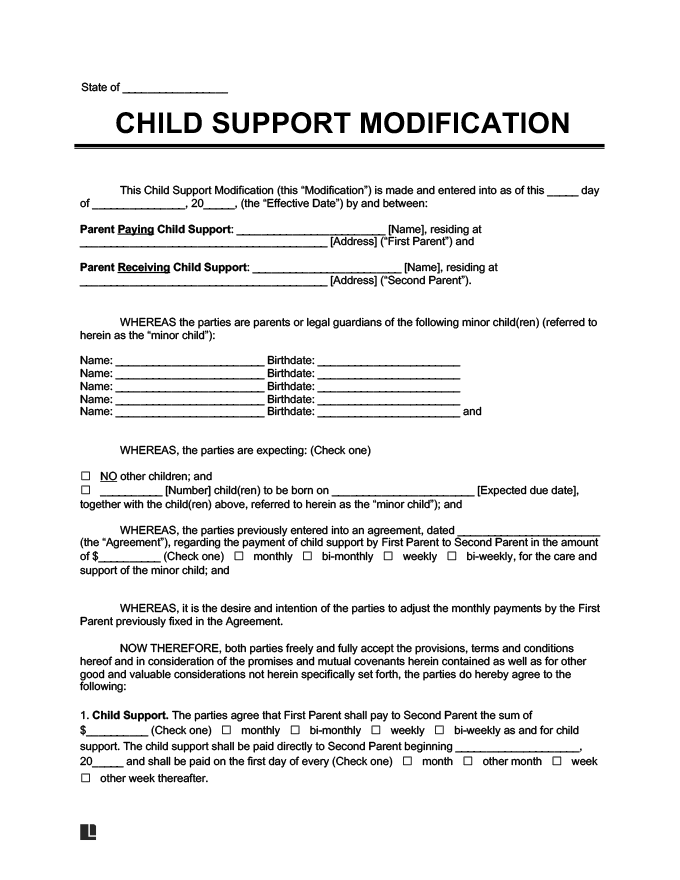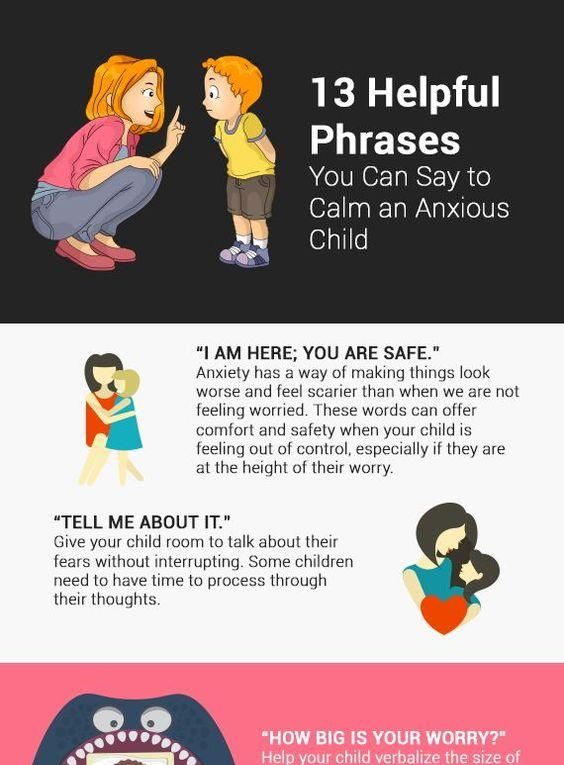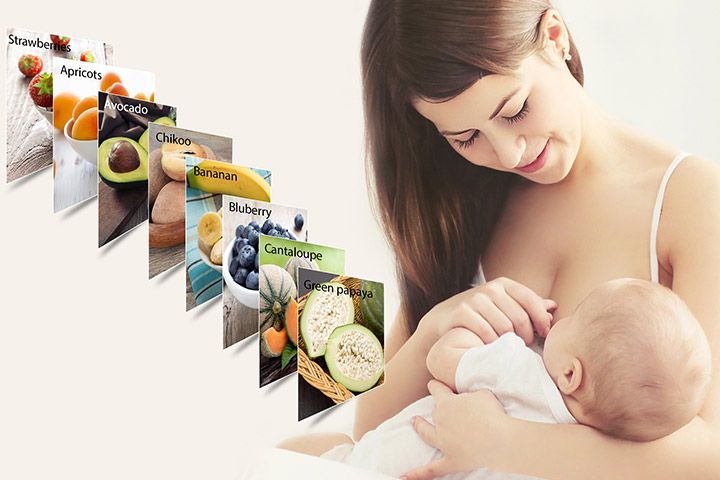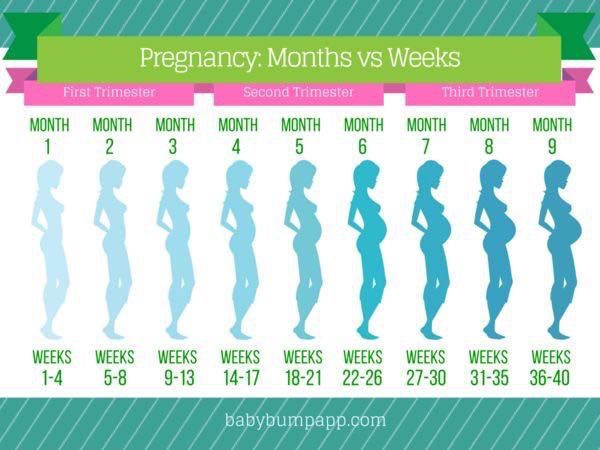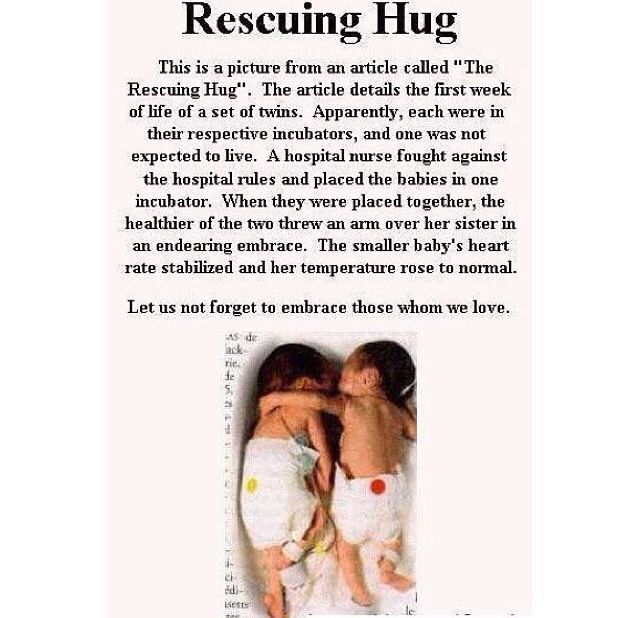Most craved food during pregnancy
All About Pregnancy Cravings and When They Start
Pregnancy cravings may conjure up the image of sneaking out into the kitchen in the middle of the night to eat a pint of ice cream with pickles. Does this sound like you? You may experience varying food cravings (such as for salt, spicy, or sweet foods) during pregnancy, as each expectant mom is unique. Or you might find yourself repulsed by a smell or flavor you loved a few months earlier. Read on to learn more about this common pregnancy phenomenon.
What Are Pregnancy Food Cravings and What Causes Them?Food cravings during pregnancy are generally nothing to worry about, and you can indulge in some chocolate, potato chips, or ice cream (or a combination of all three) in moderation during your pregnancy. So, why do pregnancy cravings happen? If you’re wondering what causes them, here are two possible reasons women might experience cravings during pregnancy:
They may signal changes in your body’s nutritional needs
They may also be linked to a surge in pregnancy hormones.
During pregnancy, you might suddenly find yourself unable to tolerate the taste or smell (or both) of a certain food, even if this was something you originally liked—coffee and fried foods are frequent offenders. But otherwise, food aversions don’t have any specific underlying meaning. Here are two possible medical reasons food aversions may occur during your pregnancy:
Some pregnant women become more sensitive to certain smells and tastes due to changes in hormone levels. This distaste may also be accompanied by an increase in salivation, which is common with nausea linked to morning sickness.
Early in pregnancy, some women may have a mild metallic taste in their mouths, which can contribute to certain food aversions.
Early on in your pregnancy you may be wondering, when do pregnancy cravings start? Food cravings and aversions can be early signs of pregnancy, appearing in the first trimester.
Food cravings are likely to disappear (and food aversions likely to lessen) in the fourth month of pregnancy. If your food cravings continue, it could be a sign of iron deficiency, which can lead to anemia. Consult your healthcare provider if your food cravings continue into the second trimester of your pregnancy and if you have any questions regarding iron supplementation during your pregnancy.
List of Common Pregnancy CravingsAs you’ve probably guessed, food cravings during pregnancy are highly individual. Some women’s cravings may run the gamut from sweet to savory and other women may have no cravings during pregnancy.
You may not be adding sardines to your pistachio ice cream with hot fudge like Lucille Ball, but you may still be experiencing sudden and sometimes strange food cravings, especially late at night. Here are the 10 most common food cravings women experience during pregnancy according to research:
Sweets (chocolate, candy)
Savory high-calorie carbohydrates (pizza, chips)
Animal protein (steak, chicken)
Fruit
Savory high-calorie dairy (cheese, sour cream)
Carbohydrates (pretzels, cereal)
Fast food (Chinese, Mexican, falafel)
Cold foods (ice pops, slushies)
Vegetables
Sweet high-calorie dairy (ice cream, milkshakes).

You may be wondering whether your specific food craving is a signal from your body that it needs a certain nutrient or food during your pregnancy.
The fact that you crave a certain food doesn’t necessarily mean your body needs it. So, no matter how hard you hoped it were true (as you finished off a pint of ice cream), there are no scientific connections between pregnancy cravings and specific foods. Nor is there a good answer to the age-old question “Why do pregnant women crave pickles?”
What to Do About Food Cravings During PregnancyAs long as you’re following your pregnancy diet, eating a variety of healthy foods, and getting the nutrients you and your baby need, there’s no reason to be concerned about the sporadic food craving.
It’s completely OK to indulge your cravings now and then.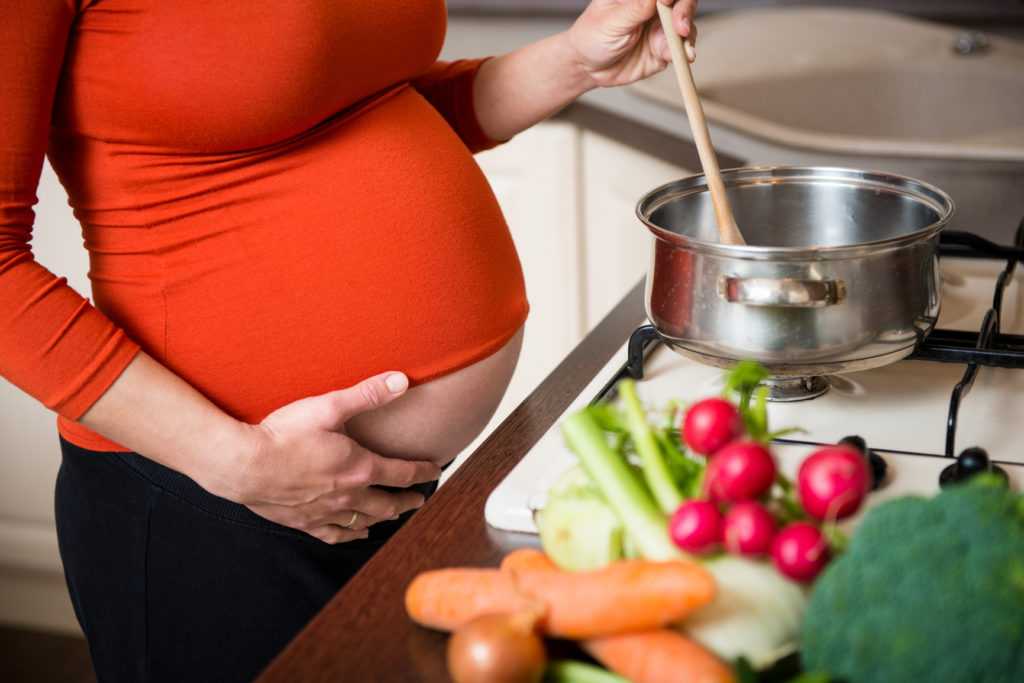 But try to avoid using your food cravings as an excuse to overeat or to focus on unhealthy food. It can easily lead to compromising your own nutrition as well as your developing baby’s.
But try to avoid using your food cravings as an excuse to overeat or to focus on unhealthy food. It can easily lead to compromising your own nutrition as well as your developing baby’s.
Nevertheless, there are times when you just can’t stop wanting a particular food. Here are six ways to manage cravings and lessen their effect on you.
Take your mind off food. Take a long walk, read a good book, or chat with a friend on the phone.
Avoid falling into the “eating for two” trap. Eating for two doesn’t mean literally eating as much food as two people would eat. Instead, it means that the food you eat is nourishing your baby, too. So, eat only when you’re hungry, not necessarily when you’re having a sudden craving.
Drink water. Oftentimes, you may think you’re hungry, but you’re actually thirsty. Stay hydrated by drinking lots of water throughout the day.
Avoid mindless eating. Take your time eating food and savor every bite.
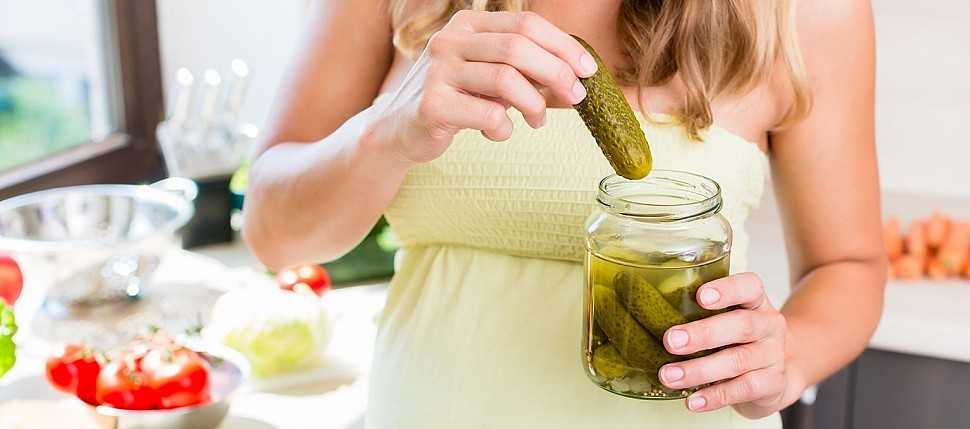 Avoid eating quickly, eating while working or watching TV, and eating on the run.
Avoid eating quickly, eating while working or watching TV, and eating on the run.Plan meals in advance. Think about what you’d like to eat in advance. Plan your breakfast, lunch, and dinner, as well as those in-between snacks. Choose healthy items, and you’re more likely to look forward to what you know you’ll be eating instead of seeking out unhealthy foods to satisfy the random craving.
Monitor your stress levels. It’s easy to get stressed during a pregnancy, and even lose some sleep over it. Stress and general moodiness from lack of sleep can lead to food cravings, and you may be tempted to soothe your nerves with food. To manage stress, try meditation or light exercise.
So, what might you do when a craving hits? You could give in and just have whatever you’re craving in a small to moderate amount. Or, if it’s a food item that isn’t all too healthy, you might think about replacing it with a healthier yet still satisfying version.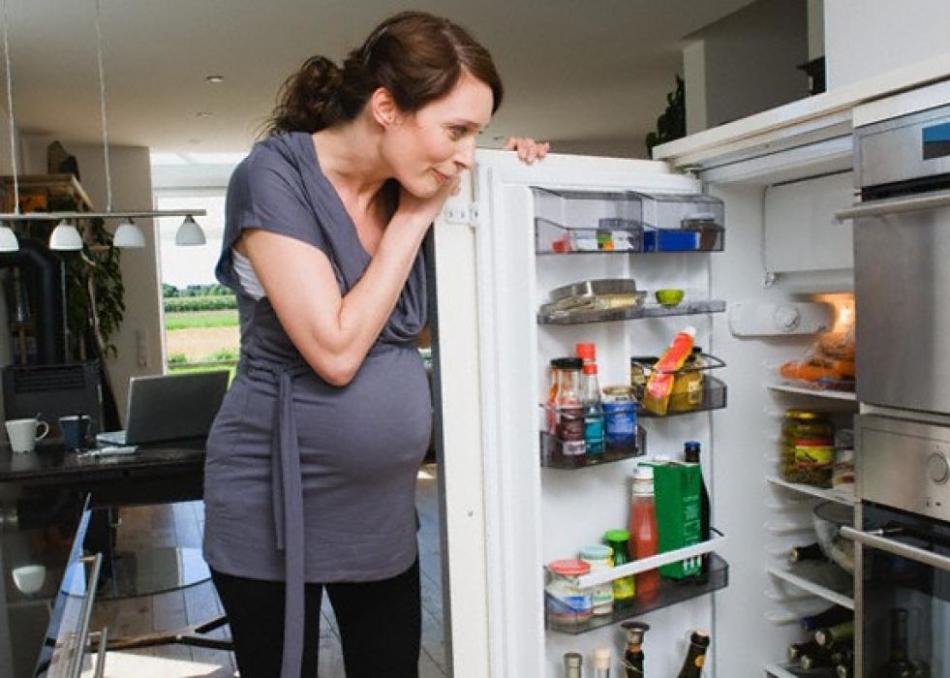 Here are some tips and options you might like to try when a specific food craving hits:
Here are some tips and options you might like to try when a specific food craving hits:
Ice cream. If you’re craving classic ice cream, how about replacing it with low-fat frozen yogurt, or with plain Greek yogurt sweetened with fruit preserves, applesauce, or honey? These healthier options are sure to hit the spot!
Potato chips/fries. Who doesn’t love salty potato chips and fries? Problem is, eating a lot of potato chips isn’t the healthiest option, especially since they’re laden with fryer oil. So, instead go for baked sweet potato chips/fries or baked vegetable chips, which are somewhat better. If you own an air-fryer, you might like to try air-frying your own homemade chips and fries. Or, for something different, switch to unsalted or lightly salted popcorn. Unsalted or lightly salted nuts are another healthier option, too.
Cookies. Having a cookie now and then won’t do you any harm, but if you find yourself craving them way too often, you might think about a healthier replacement.
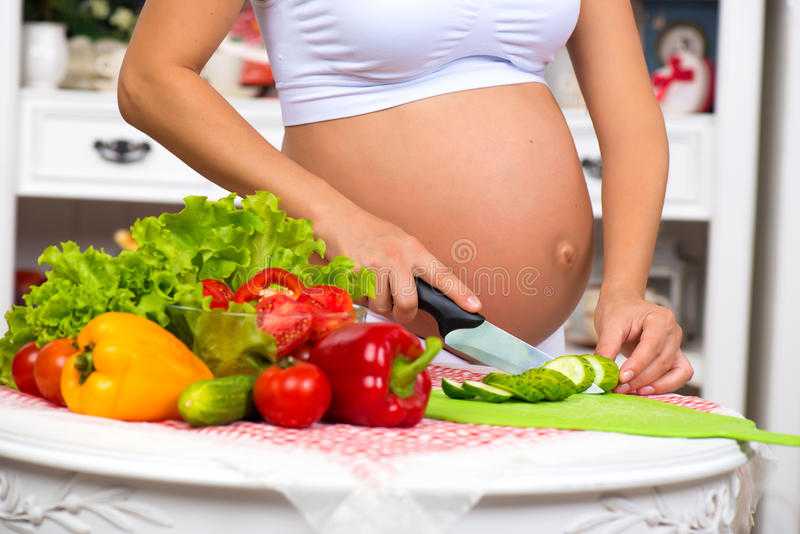 How about a sugar-free version of your favorite cookie? Or try something different like whole-grain crackers spread with a little peanut butter. You’ll still get the crunch factor of a cookie and a little sweetness and nuttiness from the peanut butter, which is a good alternative source of protein, too.
How about a sugar-free version of your favorite cookie? Or try something different like whole-grain crackers spread with a little peanut butter. You’ll still get the crunch factor of a cookie and a little sweetness and nuttiness from the peanut butter, which is a good alternative source of protein, too.Chocolate. It’s OK to indulge in a few squares of chocolate as long as you don’t eat the entire bar—oops, you already did!? That’s OK, but instead of highly sweetened milk chocolate, opt for healthy dark chocolate (70 percent or higher), keeping in mind that dark chocolate also contains caffeine, which is better to limit during pregnancy. You might like to try dark chocolate-covered pretzels or pairing a square of dark chocolate with a handful of fresh berries—a fantastic flavor combo!
Bread, pasta, and cereal. Some people are carb people—and we love them! But instead of indulging in those soft white dinner rolls or using the classic white sandwich bread for your turkey club, choose bread with higher nutritional value and fiber, like whole-grain bread.
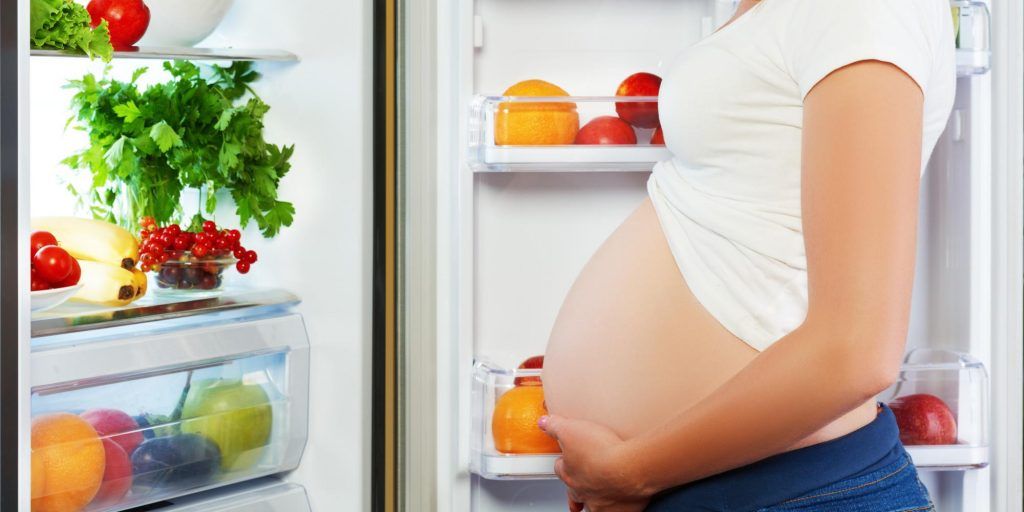 It may not be what you’re used to, but it will keep you fuller for a longer time, which may lead to fewer cravings during the day. And, if you’re craving pizza, try one made with whole-wheat crust. If you’re craving pasta, opt for whole-grain varieties just as you would with bread. The same goes for cereal cravings you may be experiencing while pregnant—chose low sugar, high-fiber, whole-grain kinds.
It may not be what you’re used to, but it will keep you fuller for a longer time, which may lead to fewer cravings during the day. And, if you’re craving pizza, try one made with whole-wheat crust. If you’re craving pasta, opt for whole-grain varieties just as you would with bread. The same goes for cereal cravings you may be experiencing while pregnant—chose low sugar, high-fiber, whole-grain kinds.Fast food. Nearly everyone yearns for fast food now and then, and it’s tempting to give into this craving when you’re pregnant. However, fast foods—whether Chinese food, Mexican food, or the classic cheeseburger—aren’t healthy. They’re loaded with trans fats and sugary sauces. So, if you can, why not try cooking your version of your favorite stir-fry, enchiladas, or grilled burger at home? You’ll satisfy your craving in a much healthier way and have no leftover guilt about it.
Soda. Sweet sodas do taste great now and then but drinking them regularly isn’t healthy.
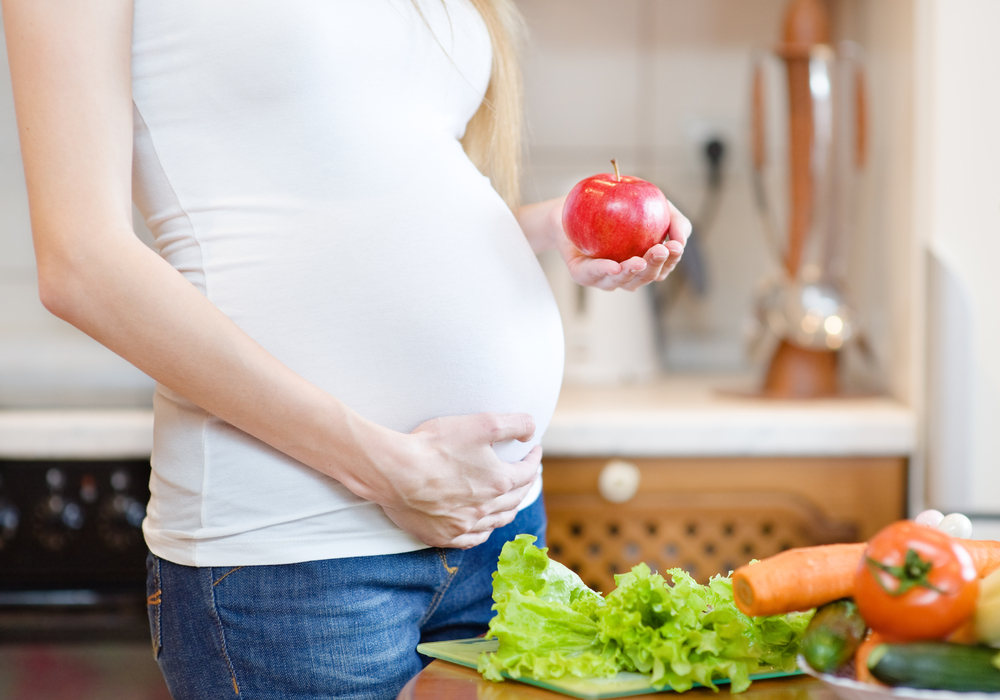 Instead try seltzer flavored with lemon or lime, mint, grated ginger, berries, or sliced cucumber. If that still doesn’t appeal to you, you could flavor the seltzer with sugar-free flavor drops in a variety of your favorite flavors. Think of this as your personal pregnancy craving mocktail! It’s important to avoid alcohol, however, as it’s unsafe to drink while pregnant.
Instead try seltzer flavored with lemon or lime, mint, grated ginger, berries, or sliced cucumber. If that still doesn’t appeal to you, you could flavor the seltzer with sugar-free flavor drops in a variety of your favorite flavors. Think of this as your personal pregnancy craving mocktail! It’s important to avoid alcohol, however, as it’s unsafe to drink while pregnant.
Some women may experience a craving for non-food items like laundry detergent, dirt, clay, ashes, paint chips, or ice during pregnancy. This is a condition called pica, which may be a sign of a nutritional deficiency.
If you have the urge to eat non-food items, such as the ones mentioned above, consult your healthcare provider immediately, and do not give into these cravings; they may be harmful for both you and your baby.
The Bottom LinePregnancy cravings are normal and can even be odd sometimes.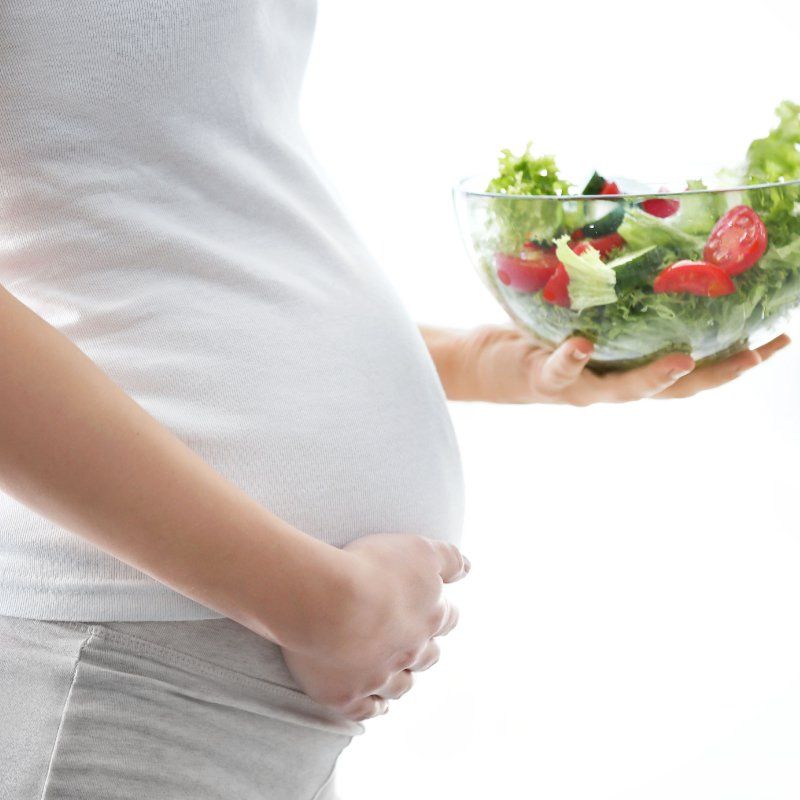 You’ll probably even have a few amusing pregnancy craving stories of your own to share with family and friends. If you’re interested in learning more about food, nutrition, and your pregnancy, check out our Nutrition During Pregnancy guide.
You’ll probably even have a few amusing pregnancy craving stories of your own to share with family and friends. If you’re interested in learning more about food, nutrition, and your pregnancy, check out our Nutrition During Pregnancy guide.
Keep in mind that as long as you’re getting all the nutrition you and your baby need, indulging in a pregnancy craving and treating yourself occasionally is totally acceptable, and there’s no need to feel any guilt.
In the meantime, this is a great time to download the Pampers Club app. Stock up on diapers and wipes ahead of your baby’s birth and get cash back for all your purchases!
18 pregnancy cravings and what they mean, from chocolate to pickles
GoodTo newsletter
Sign up to the GoodTo Newsletter. You can unsubscribe at any time. For more information about how to do this, and how we hold your data, please see our privacy policy
Thank you for signing up to . You will receive a verification email shortly.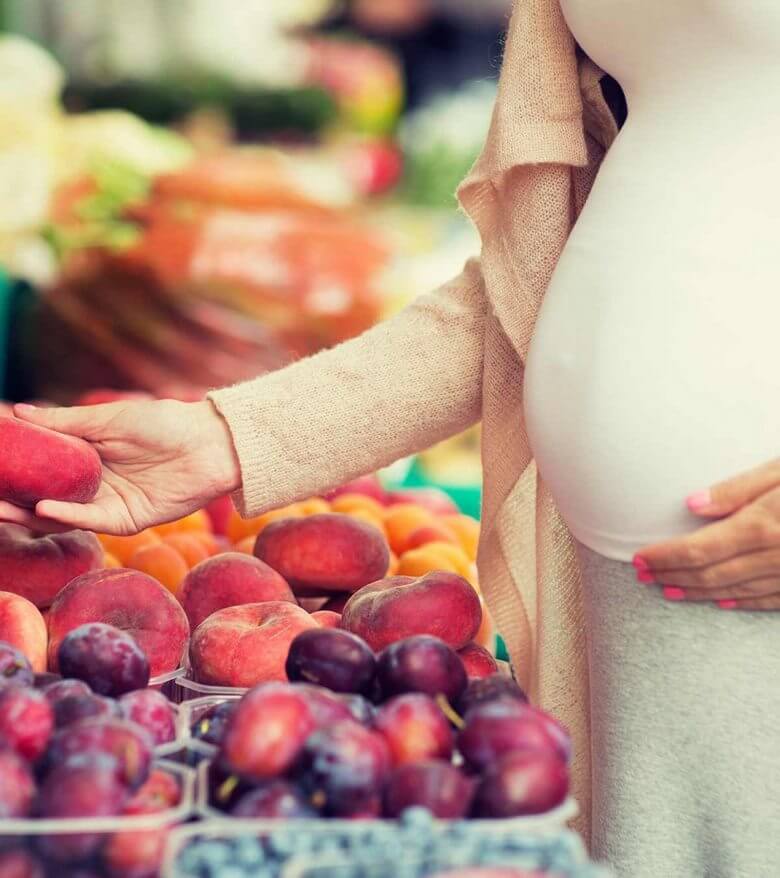
There was a problem. Please refresh the page and try again.
By submitting your information you agree to the Terms & Conditions and Privacy Policy and are aged 16 or over.Pregnancy cravings are a typical and well-known side effect of pregnancy. They can kick in at any time and continue throughout.
Did you know that cravings can be one of the many early signs and symptoms of pregnancy? Many know that morning sickness is one, but cravings can also be one as they start between 1-12 weeks into pregnancy. And, they can be caused by various factors including hormonal changes and a heightened sense of smell and taste. They may even reveal nutritional deficiencies.
“Cravings tend to differ for each woman,” explains consultant obstetrician and gynaecologist at The Portland Hospital, Mr Ellis Downes . “Cravings for ordinary foods like chocolate, fruit and vegetables can happen. On the flip side it could be for foods that you might not have liked before you became pregnant.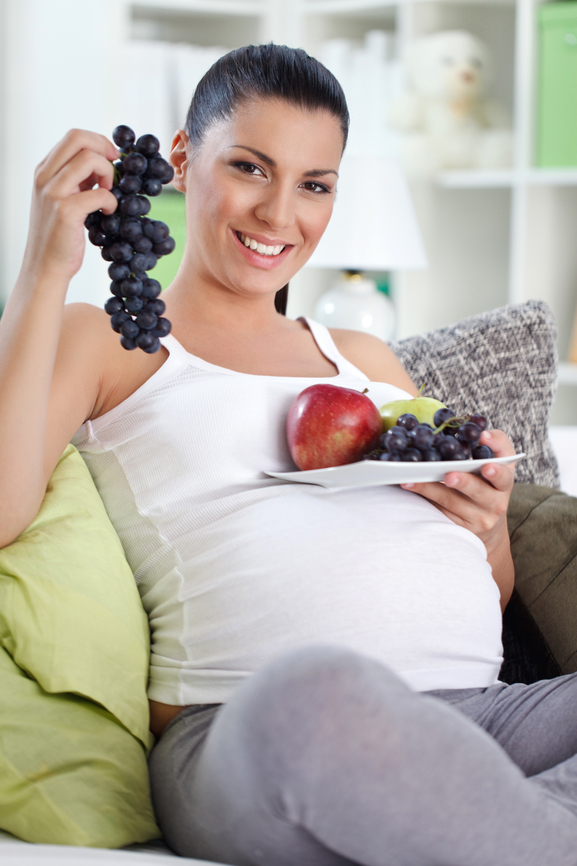 ”
”
Here we look at why you might crave certain foods or even non-food items while pregnant, the pregnancy myths around cravings and whether your craving can be used as a baby gender indicator.
Pregnancy cravings and what they mean
Coal, mud, matches, Guinness or dust
“A craving for coal, mud, matches, Guinness or dust could be a sign of pica,” explains consultant obstetrician and gynaecologist at The Portland Hospital - part of HCA Healthcare UK, Mr Ellis Downes . Pica is a disorder, which sees the persistent eating of substances with no nutrition, such as dirt or paint.
“For these particular items it could be a deficiency in iron. In some cases, taking iron supplements can help to reduce these cravings,” he says. Check with your doctor before starting any supplements.
“Cultural and psychosocial aspects have an influence too,” says nutrition expert Hayley Pedrick. “Chocolate is consistently found to be the most commonly craved food in the US, while in Kenya pregnant women eat clay as it's believed to increase fertility and help with reproduction,' she says.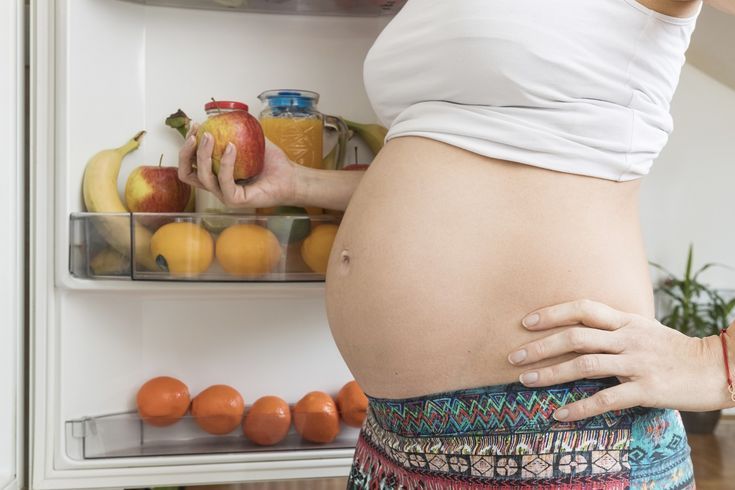
Credit: Canva
If you crave Guinness, or anything containing alcohol, seek support from your doctor or midwife. Drinking during pregnancy is linked to foetal alcohol syndrome. This condition can have a detrimental effect on the development of your baby.
“I had the most bizarre craving during pregnancy: soil. Like, straight from the earth, soil I just wanted to grind it between my teeth. It was so odd, I started offering to dig up my granddad's new potatoes just so I could do it.” Mum-of-two, Kirandeep
Mum-of-two, Jasmine tells us, “I really wanted red wine. I hate red wine. I thought once I gave birth I’d like it. I even bought a few different bottles in preparation for my new preference. For 9 whole months I would sniff it, waiting for the day I could have a glass. But, I gave birth and now I can’t even smell red wine without feeling nauseous, let alone drink it.”
Seaweed
Craving seaweed is another sign that you're missing an essential nutrient – in this case iodine.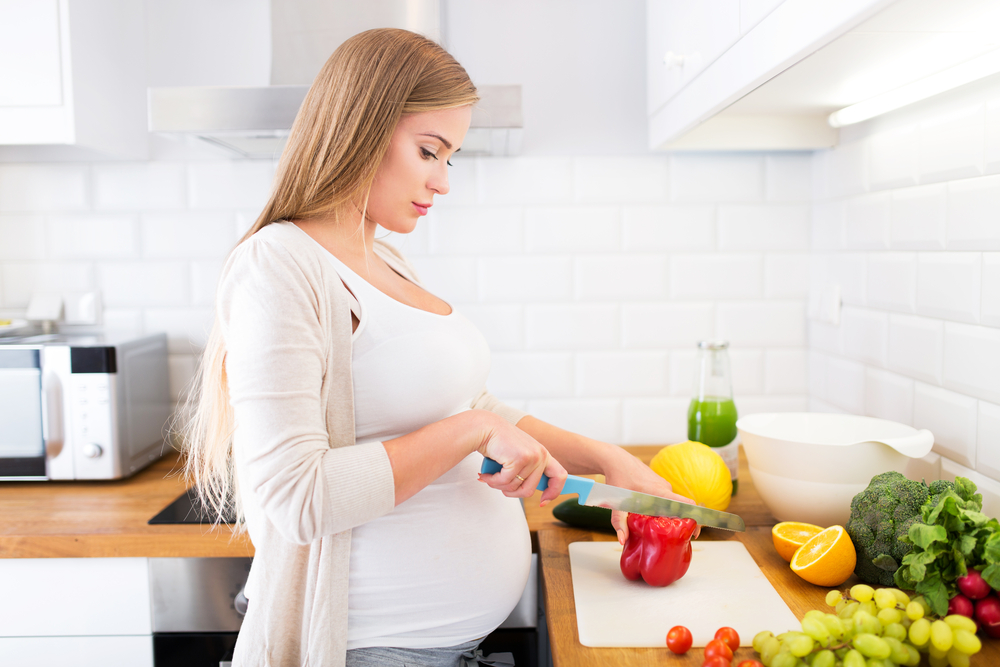 Edible seaweed includes green, red and brown seaweed – and brown seaweed is particularly high in iodine.
Edible seaweed includes green, red and brown seaweed – and brown seaweed is particularly high in iodine.
“Seaweed contains high levels of iodine, so if you’re craving this it could indicate that you’re deficient in this mineral,” says Mr Downes. “Iodine is essential for the production of hormones that regulate the development of the foetal brain and nervous system.”
However, it's possible to have too much of a good thing. “During pregnancy intake of iodine should be limited to 220 micrograms daily,” he advises. Seaweed also contains B12. This vitamin is crucial for vegetarians as it's one of the few non-animals sources of this nutrient.
Toothpaste and sponges
Some pregnancy cravings are a little strange. For example, many women can't help but eat non-food items such as toothpaste and sponges. “This again may indicate pica,” says Mr Downes. “Resist the temptation to eat non-food items,” he says. “If you're struggling, it can help to consult a doctor or midwife,” he says.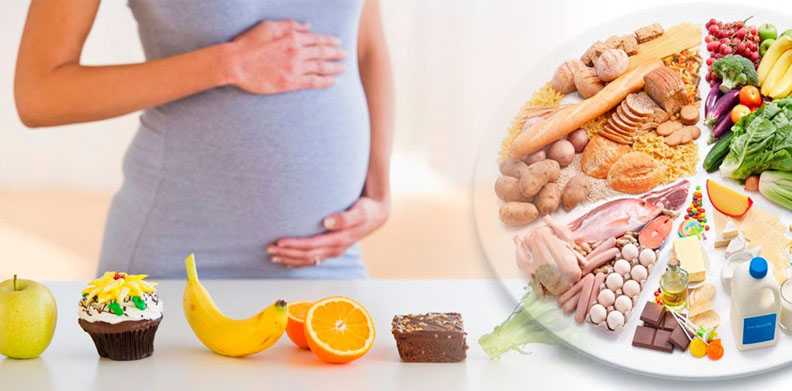
Sometimes, the craving can be caused by your emotional state. A mum-to-be may crave a special food or object that reminds them of their childhood. Talking it through with a health professional should help.
Credit: Canva
Chocolate
You may think that you crave chocolate because the sugar provides a quick energy boost. You may also feel like you deserve a treat. While you're right on both counts there are other reasons that may explain this yearning. 'Craving chocolate in pregnancy may indicate deficiencies,' says Mr Downes. 'Chocolate contains B vitamins, so it may be that you're low in these vitamins.'
'However, chocolate contains high levels of sugar, so it's important to enjoy these items occasionally and in small amounts,' he adds. 'Try to replace them with other healthy foods such as milk, unsweetened yogurt and almonds.'
Dark chocolate has health benefits as it is also full of antioxidants. Research shows that a lack of antioxidants in your body during pregnancy can cause exaggerated oxidate stress within the placenta and maternal circulation, which could result in pre-eclampsia symptoms and miscarriage.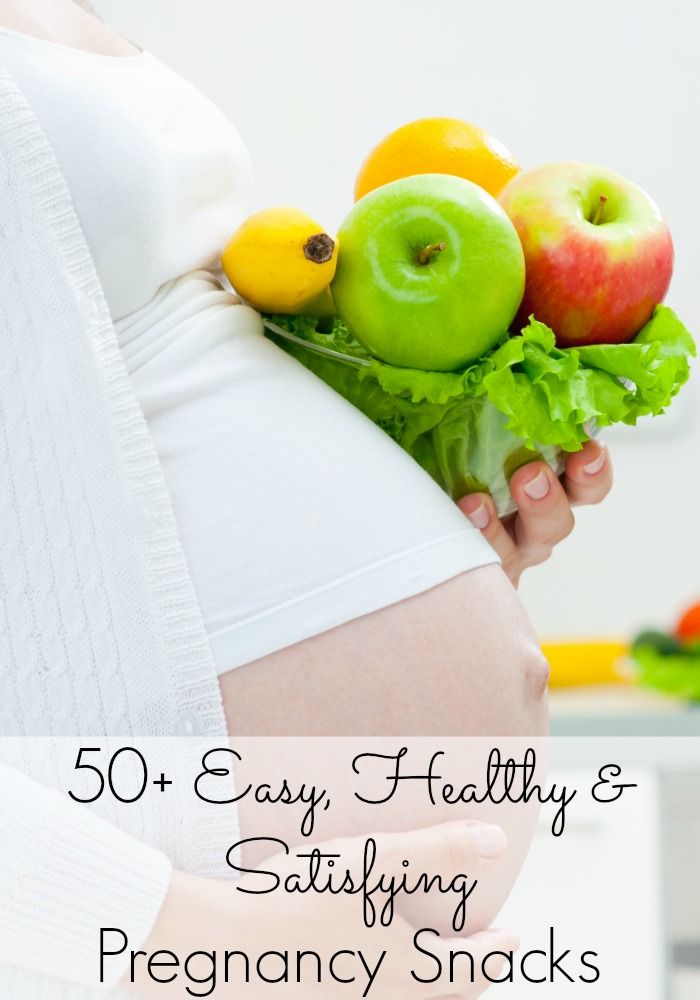
'If sweet food is your weakness try using more sweet tasting flavourings and spices such as vanilla and cinnamon, which enhance the sweetness of a food,' advises Hayley. If you're worried about calories, studies have shown that women get the same goodness that chocolate provides with flaxseed oil, even though it isn't as delicious.
Strawberries
"Strawberries contain a high level of vitamin C, which can aid your baby’s development," says Mr Downes. "So if you're experiencing cravings for strawberries, you may be lacking in vitamin C,' he says. "Vitamin C also helps you to absorb the necessary amounts of iron from food," adds Mr Downes.
Credit: Canva
Fruit
This is one of the better cravings a pregnant woman can have as fruit is good for us and will provide a variety of vitamins and minerals, depending on the particular fruit.
For example, you may crave fruit that's high in vitamin C. Prevalent in blackcurrants, cantaloupe melon, citrus fruit, strawberries, vitamin C helps with the proper formation and growth of bones, teeth and other vital tissues of a foetus.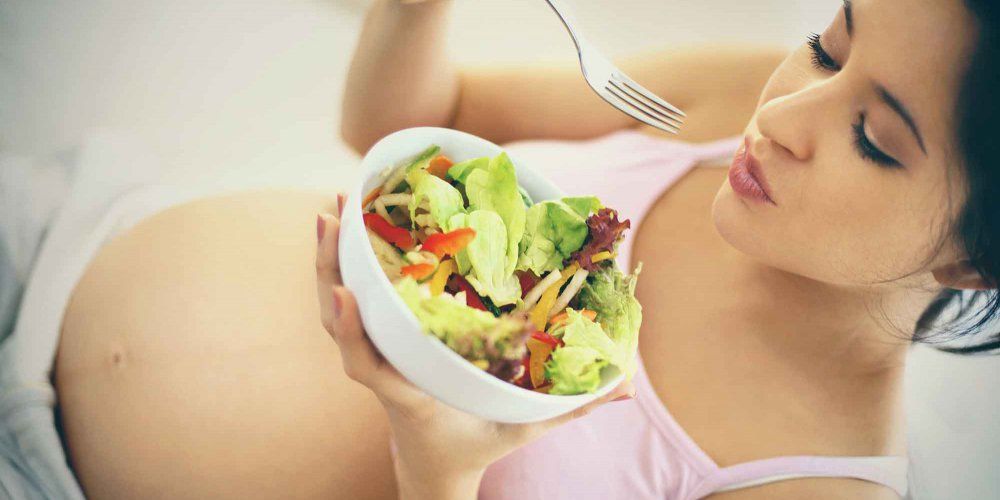
If you hanker after fruit such as bananas, cantaloupe melon, apricots, nectarines or dried fruit you may be lacking potassium.
Research has found that low potassium levels in pregnancy can lead to weakness, fatigue, muscle cramps and constipation, occasional bouts of muscle weakness in the legs, arms and eyes and an abnormal heartbeat.
Be aware that you should always wash fruit before consuming it, and avoid unpasteurized fruit juice during this period. Eating a lot of fruit can cause diarrhoea in some people.
“Mine was a crunchy Apple. Sounds really dull as cravings go but I needed a crunchy apple, like nothing else would do. I needed a hard, cold crunchy apple.” Mum-of-one, Bex
“Oranges. Like 100’s of oranges over the 9 months. I was on 15 a day towards the end. I just loved the sour sharp citrus.” Mum-of-one, Liv
Curry
"Cravings for spicy foods are common," says Hayley. Women's penchant for spicy curries could be because many of us associate is as a comfort food. If your baby is overdue, curry also has a reputation for bringing on labour.
If your baby is overdue, curry also has a reputation for bringing on labour.
Worried about gaining additional pounds during pregnancy? Opt for vegetable curries like dhal or chickpea curry. Served with plain rice as this will be easier on your digestive system.
Ice cream and dairy
Aside from the fact that ice cream is a sweet treat, craving it could be a sign that your body is lacking something. "Craving ice cream in pregnancy may indicate a deficiency. Ice cream contains calcium, so it may be that you are low in this mineral," says Mr Downes.
When the baby is growing inside you it needs high levels of calcium to stay healthy, but some women can't stomach milk and cheese during pregnancy. As a result, ice cream becomes a great way of getting calcium into the body.
During pregnancy, your core body temperature can naturally make you feel hotter than usual, and by the time you go into labour you’ll have gained around 10-12.5kg during your pregnancy, which can make you sweat more than normal. So it's no surprise you crave something cold and refreshing!
So it's no surprise you crave something cold and refreshing!
Rice
"Rice is an energy-rich carbohydrate," says Hayley, so it's understandable that some pregnant women will crave it. Rice is also a source of vitamin B6, which helps the body use and store energy from food.
"It's commonly craved in Japan,' she adds, 'highlighting the strong influence of culture on food cravings." If you do crave rice, opt for brown rice which is more nutritious and will provide a steadier stream of energy.
Credit: canva
Carrots
Carrots are another vegetable pregnant women may crave – and for understandable reasons.
"They provide good levels of betacarotene, a precursor to vitamin A needed for skin and eye health," says Hayley. "Carrots are also a powerful antioxidant," she adds. Munch on one as a snack or dip carrot sticks into low-fat hummous.
Broccoli
"Broccoli is good for calcium and folate (vitamin B12)," says Hayley, so if you crave it you could be lacking in these.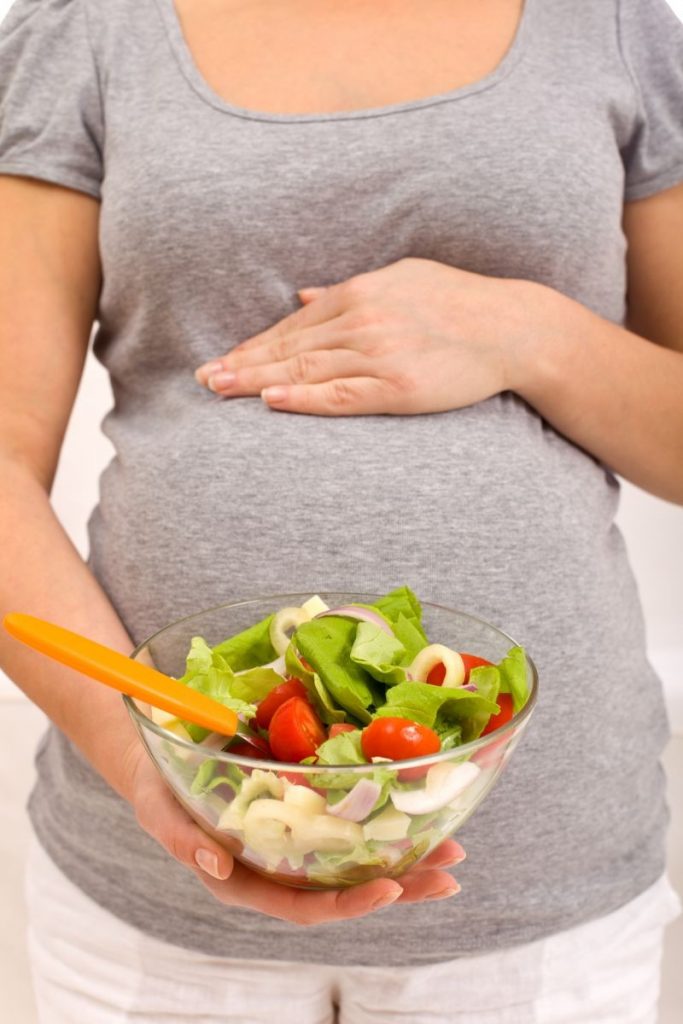
"Your body requires more folate during pregnancy due to this nutrient's role in fetal development," says Mr Downes. "So, if you're experiencing an increased desire for these vegetables, it may indicate a folate deficiency."
Also known as folic acid, folate can reduce the risk of having a baby with a serious birth defect of the brain and spinal cord, so the pregnant body needs lots of it – so much so pregnant women are advised to take a folic acid tablet every day.
Broccoli is also rich in vitamins A, C, K, B6 and calcium and fibre. Vitamin C helps the body absorb iron, calcium promotes strong bones, and fibre can help prevent constipation during pregnancy.
Red meat
A lot of women have cravings for red meat while they're pregnant. 'It's usually because they need protein and iron,' says Hayley. Red meat has high levels of protein as well as iron, which is important in the formation of red blood cells.
Iron is also a vital component for making haemoglobin, the protein in red blood cells that carries oxygen to other cells.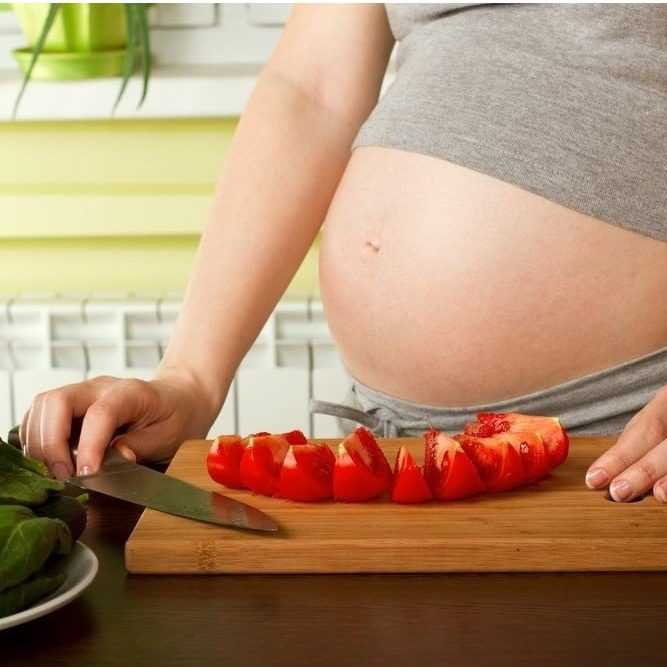 During pregnancy, blood volume increases by almost 50%, so it's even more essential to increase iron stores to ensure oxygen is transported efficiently around the body.
During pregnancy, blood volume increases by almost 50%, so it's even more essential to increase iron stores to ensure oxygen is transported efficiently around the body.
Low iron levels can also lead to iron deficiency. Also known as anaemia, it's a condition that – according to the World Health Organisation – is found in more than half of pregnant women worldwide. Symptoms of anaemia include breathlessness, fatigue, feeling faint, heart palpitations and pale skin.
Pickles
One of the most famous pregnancy cravings is for pickles. It's very normal for pregnant women so don't worry if you're reaching for the gherkins or pickled onions at 3 o'clock in the morning!
"Cravings for salty foods are common and pickles are certainly one such food," says Hayley. "It may reflect low sodium levels." Salt holds water in the body and is really important in keeping the fluids running from mother to baby.
Try not to add too much salt to food; instead, get your salt fix from a snack of pickles or green Spanish olives, or by eating roasted vegetables seasoned with salt and herbs.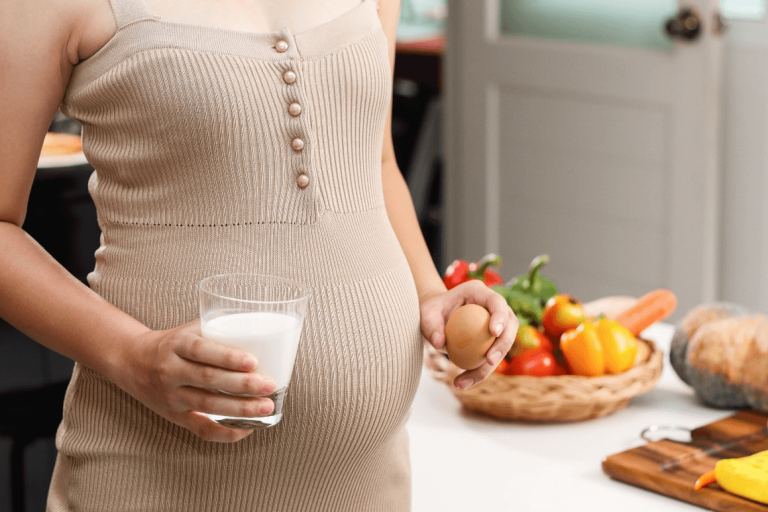
“Sour food. So like, any fizzy sour sweets and all the salt and vinegar crisps. I’d eat so many my tongue felt numb, raw.” Mum-of-one, Carla
“Gherkins. My girlfriend would deny this even now, but when pregnant she went hard on gherkins. Specifically MacDonalds.” Dad-of-one, Matt
Credit: Canva
Vegetables
If you crave other vegetables during pregnancy, it's most likely due to a vitamin or mineral deficiency.
"For example, vegetables such as dark leafy greens are another good source of iron," says Hayley. Peppers are a great source of vitamins A, B12 (folate) and C and also contain potassium, fibre, folate, and iron, while tomatoes are a good source of vitamins B12 (folate), C and K, as well as potassium and the antioxidant lycopene.
Too much of anything can be detrimental, though. For example, tomatoes are acidic and may cause heartburn in pregnancy if eaten to excess. Don't forget to wash all vegetables thoroughly before eating.
Yoghurt
"Yoghurt contains calcium, so it may be that you're low in this if you're experience cravings," says Mr Downes.
"The craving is thought to be for calcium," adds Hayley. "But studies also show that yoghurt in particular may exert beneficial metabolic and anti-inflammatory effects, possibly in part due to its probiotic qualities," she says.
If you're craving something cool and you're trying to avoid calorific ice cream, try frozen yoghurt. It comes in lots of great flavours and will meet some of your calcium needs without the added calorie count.
Beetroot
This is another vegetable that pregnant women may crave because of its high folate content. Beetroot is rich in B12 (folate), which is essential to the development of a growing foetus. It also contains the minerals magnesium, potassium and phosphorous. And if you're vegetarian or vegan, beetroot is a good source of plant-based iron.
Beetroot helps keep blood pressure in check, boosts immunity, and keeps you regular – welcome news to pregnant women!
Credit: Canva
Salad
If you're pregnant and can't stop eating salad this is a very healthy craving to have, although remember to wash all vegetables thoroughly before eating.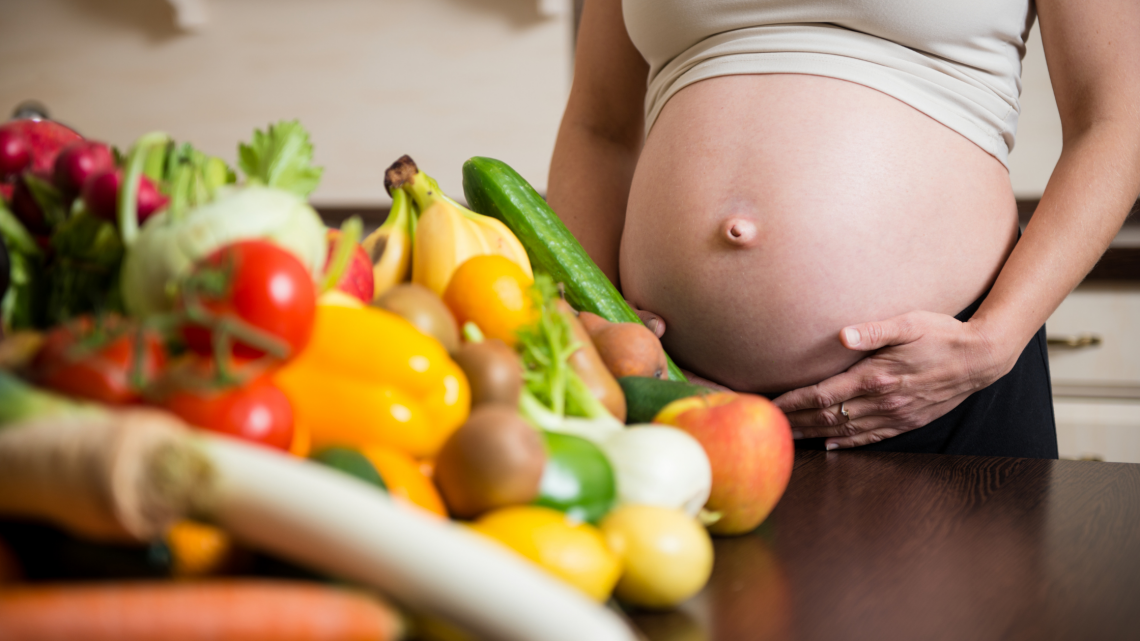 Salad is made from a variety of nutritious items including tomatoes and peppers (see our craving vegetables section, above) and avocado (see below) – all of which provide a range of vitamins and minerals.
Salad is made from a variety of nutritious items including tomatoes and peppers (see our craving vegetables section, above) and avocado (see below) – all of which provide a range of vitamins and minerals.
Salad is also hydrating. For example, lettuce and cucumber are both made up of around 96% water. So, if you crave salad you may be slightly dehydrated.
It's recommended that we drink between 1.5-2 litres of water a day to stay hydrated. This includes liquids such as tea and fruit juice. Pregnant women should drink slightly more to get all the benefits of drinking water, however. Aim for up to 3 litres a day if it's hot or you've been exercising.
“I’d have salad cream on anything and everything, roast dinners, jacket potato, pasts. My girlfriend couldn’t be in the same room as me when I tried - and liked it - on digestive biscuits. It was just the tang it added. Loved it.” Mum-of-two, Lou
Avocado
Another great source of B vitamins including B12 (folate) and vitamins C and E , plus magnesium and potassium, avocado is a superfood that's worth eating even if you're not craving it.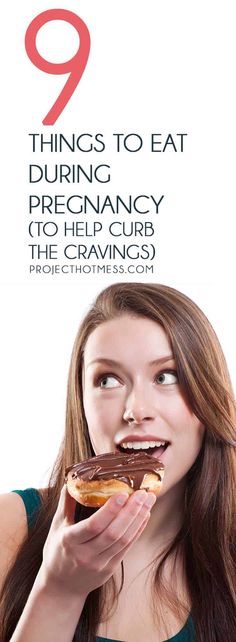 Nutritious and filling, the healthy fat content also helps to build your baby's brain tissue.
Nutritious and filling, the healthy fat content also helps to build your baby's brain tissue.
If one of your pregnancy cravings is avocados in the third trimester it could be that your body needs potassium. This mineral known to ease leg cramps, which are common in the later stages of pregnancy.
What will I crave?
Anything and everything. A study by Pregnacare of 1,400 mums found 67% had cravings while they were pregnant, with chocolate, fruit and ice lollies the most common.
Most pregnancy cravings are personal, harmless, and can be a funny story to share with your child one day. Some of the most commonly reported craved foods in the UK are:
- sweets, such as ice cream and Haribo
- dairy, such as cheese
- starchy carbohydrates, such as fries
- fruits
- vegetables
Other cravings reported by individual survey participants included:
- boiled eggs with horseradish
- garlic mushrooms dipped in custard
- grated carrot mixed with ketchup
Parenting consultant Rachel Fitz-Desorgher , mother-of-four with a 30-year-long career as a specialist midwife tells us; “I had a very weird craving.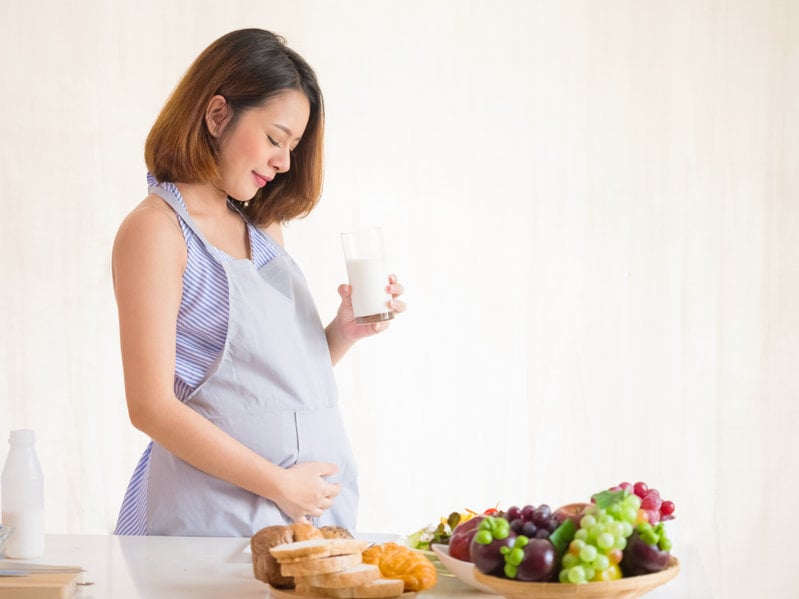 I had to have an ice cold drink AND a boiling hot drink AT THE SAME TIME! I’d take a sip from one and then a sip from the other and so on. I can still feel how good that was even now and cannot understand it.”
I had to have an ice cold drink AND a boiling hot drink AT THE SAME TIME! I’d take a sip from one and then a sip from the other and so on. I can still feel how good that was even now and cannot understand it.”
She goes on to tell us; “The most noticeable thing about cravings is their urgency and immediacy. You need it that second, and you cannot think straight until the craving is satisfied. Which is why women wake their partners up and ask them to drive out in the early hours to find a chicken tikka masala."
"They can start in the first month of pregnancy when the high levels of HCG produced by the body makes tastes and smells very heightened. They often get stronger in the second trimester before easing a little in the last trimester," Rachel tells us.
What are the most common pregnancy cravings?
The most commonly craved foods are sweets, fruit and fruit juices, sour fruits, dairy, chocolate, starchy carbohydrates, fast foods, pickles and ice cream.
“It’s also fairly common for pregnancy craving to include salty or spicy foods, or hard and chewy foods,” says nutritionist Hayley.
“Cravings for savoury foods tend to be strongest in the first trimester,” adds Hayley. “While a preference for sweeter foods reaches its peak in the second trimester, and urges for salty foods tend to emerge in the third trimester.”
“Not usually a fan of fries, but I could not get enough of them. Not as a meal, as an anytime anywhere snack. The saltiness was divine, plus I was always hungry and potatoes are quite filling!” Mum-of-one, Rita
Then there are the more unusual pregnancy cravings for non-foods. This is called pica. 'Pica may be diagnosed if you compulsively eat non-food items – or items that have no nutritional value – for at least one month,' says Mr Downes. 'It's thought that pica could indicate a nutritional deficiency of some form [often iron]. It's vital that you resist the temptation to eat non-food items to avoid causing harm to the foetus,' he warns.
There are different types of pica: geophagia – the consumption of mud and clay which may be rich in iron; amylophagia – the consumption of starches; and cautopyreiophagia – a craving for burnt matches, cigarettes and cigarette ash. 'The most unusual craving I’ve encountered was an expectant mother who craved ice. I referred her to her GP to check for iron deficiency and she was anaemic, so it was a confirmed case of pica,' says Hayley.
'The most unusual craving I’ve encountered was an expectant mother who craved ice. I referred her to her GP to check for iron deficiency and she was anaemic, so it was a confirmed case of pica,' says Hayley.
Research indicates that a healthy breakfast such as porridge and herbal tea can cut your cravings, so avoid skipping the first meal of the day. And rather than fighting a food craving 'aim to eat a healthier version of what you fancy 80% of the time – for example, if you crave carbohydrate-rich donuts try swapping them for a wholemeal bagel or breakfast muffin,' says Hayley.
'More than just craving foods you may feel as if you can't eat a lot of the foods you normally would,' says mental health campaigner and TV & radio broadcaster, Neev Spencer. 'Food aversion is a big thing during pregnancy – more so in the first trimester. Dry crackers, bread and bananas may be the only thing you can stomach and smells of foods like fish, meat and eggs are a huge trigger of morning sickness at the start.![]() '
'
“Just everything. I didn’t crave one thing, I craved things at the time I needed them. One time I nearly cried because a pub didn’t have a chicken sandwich on the menu! They made one for me from their chicken roast leftovers.” Mum-of-one, Debs
When do pregnancy cravings start?
Pregnancy cravings are most likely to occur in the first trimester, weeks 1-12. Rachel tells us; “They can start in the first month of pregnancy when the high levels of HCG produced by the body makes tastes and smells very heightened. They often get stronger in the second trimester before easing a little in the last trimester.”
This coincides with when you may be feeling nauseous or have gone off certain foods. If you do start craving certain foods or non-foods, don't be alarmed.
“As long as you know what you're eating is safe and healthy for you and the baby there's no reason to be concerned,' says Neev. 'It’s important to have knowledge of what could be harmful for your foetus and avoid those foods.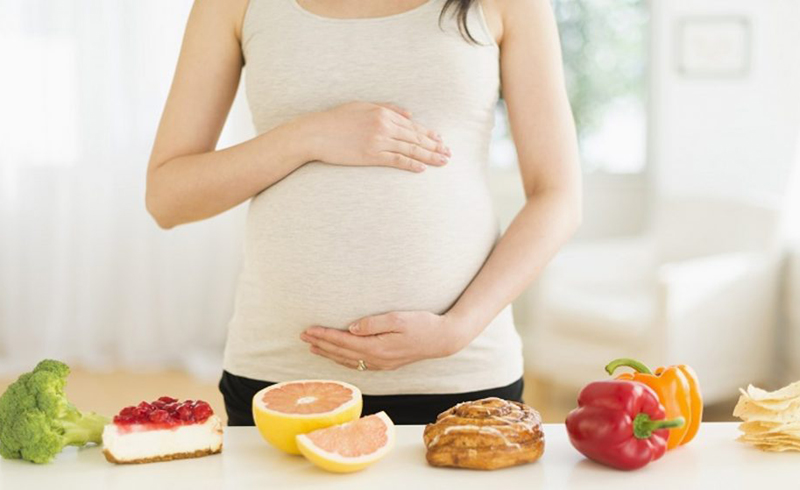
These include seafood that may contain high levels of mercury, uncooked raw fish and meat, high levels of caffeine, and unwashed and properly prepared foods. But sending your partner out into the night to get you ice cream that you can eat with sprinkled chopped up pickles will always be a safe and bizarre part of the wondrous journey that is pregnancy,' she says.
Even if you don't feel like it, try to eat a variety of foods throughout your pregnancy. This will provide the necessary vitamins and minerals for the optimal development and growth of your baby. Include foods containing iron – such as red meat, oily fish and eggs – to help prevent anaemia. And fill up on wholemeal bread, lentils and leafy green vegetables. If you're concerned about your diet, or any cravings, speak to your GP or midwife.
“Frozen peas. I could only take a little pot at the time, otherwise they’d start to defrost but I loved chomping on frozen peas. Any time day or night.” Mum-of-twins, Aisha
Can you predict the gender of your baby based on pregnancy cravings?
There is absolutely no link between cravings and gender of the baby. “Pregnancy cravings are about the hormonal changes and those are the same in the mum whatever gender she is having. When women say that they craved one thing for their daughter and another for their son, this is simply the roll of the dice and post-rationalisation,” says Rachel. “I have four boys and had different cravings with each,” she adds.
“Pregnancy cravings are about the hormonal changes and those are the same in the mum whatever gender she is having. When women say that they craved one thing for their daughter and another for their son, this is simply the roll of the dice and post-rationalisation,” says Rachel. “I have four boys and had different cravings with each,” she adds.
There are many gender predictor tests that claim to determine the sex of your unborn baby. For example, according to one Chinese belief if you crave sweet foods you're having a boy and if you crave sour foods you're having a girl.
Mr Downes agrees, “there's no evidence to back this up, a baby's gender may be confirmed by a blood test after 10 weeks gestation,” he says. 'Or at the fetal anomaly scan after nineteen weeks of pregnancy.”
Video of the Week:
Debra Waters is an experienced online editor and lifestyle writer with a focus on health, wellbeing, beauty, food and parenting. She currently writes for Goodto and Woman&Home, and print publications Woman, Woman’s Own and Woman’s Weekly.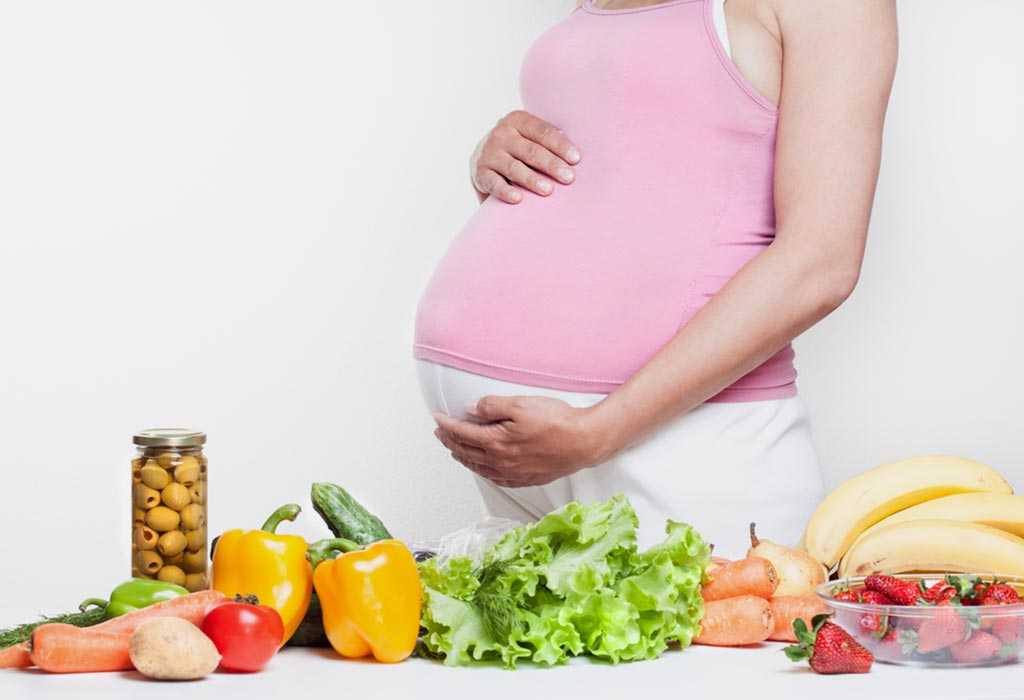 Previously, Debra was digital food editor at delicious magazine and MSN. She’s written for M&S Food, Great British Chefs, loveFOOD, What to Expect, Everyday Health and Time Out, and has had articles published in The Telegraph and The Big Issue.
Previously, Debra was digital food editor at delicious magazine and MSN. She’s written for M&S Food, Great British Chefs, loveFOOD, What to Expect, Everyday Health and Time Out, and has had articles published in The Telegraph and The Big Issue.
ᐈ Nutrition during pregnancy - Reproductive medicine, gynecology, pregnancy monitoring, urology
Laser treatment and vaginal rejuvenation
Read more
Once again about hormones or a list of must-haves for the week
Read more
Visit to the urologist. For or Against?
Read more
Preservation of reproductive health
Read more
Pregnancy with uterine fibroids
Read more
Practical skills in examining infertile couples
Read more
Pregnancy with endometriosis: Modern view
Read more
Breast cancer
Read more
varicocele and violation of spermatogenesis
Read more
Secretary and obstructive infertility in men
Read more (KOS)
More
Miscarriage.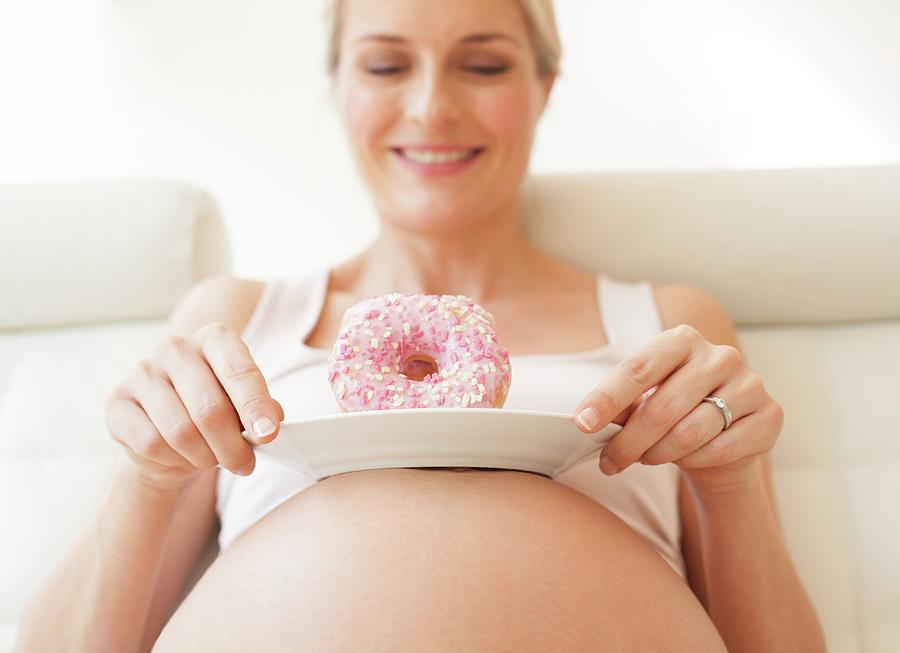 What is the reason?
What is the reason?
More
Hysteroscopy and its role in the treatment of infertility
Read more
Why you can’t get pregnant
Read more
How to calculate the gender of the child before conception
Read more
The obstruction of the uterine pipes
Read ovary hypermostimulation syndrome: modern views on the problem
Read more
Pregnancy with endometriosis - a modern view
Read more
Immunological infertility and the role of antisperm antibodies in it
More
What is cervical pathology?
Read more
Natural cycle IVF: pros and cons
Read more
Practical skills in the examination of infertile couples
Read more
Artificial insemination
Skin whitening and laser removal Read more
Read more
Unable to get pregnant.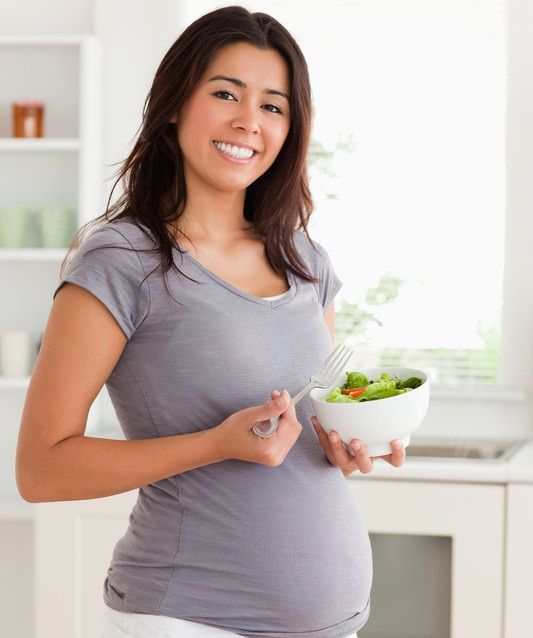 Where to run? Where to begin?
Where to run? Where to begin?
More
What prospective parents need to know (most popular questions)
More
Endometriosis. Some important questions
Read more
Prolactin increase. Should I be afraid?
Read more
Obstruction of the fallopian tubes, what to do next?
More
Human papillomavirus. Basic information
Read more
KAMALIYA: “I consider Vladimir Kotlik the godfather of my children”
Read more
Infertility and cancer: why men should definitely visit a reproductive specialist
Read more
Sex, children, rock and roll: reproductive specialists on what can increase the chances of IVF
Read more
Portrait of a female doctor: 5 signs of good gynecologist
Read more
Is sex during IVF a good idea?
Read more
Never say never.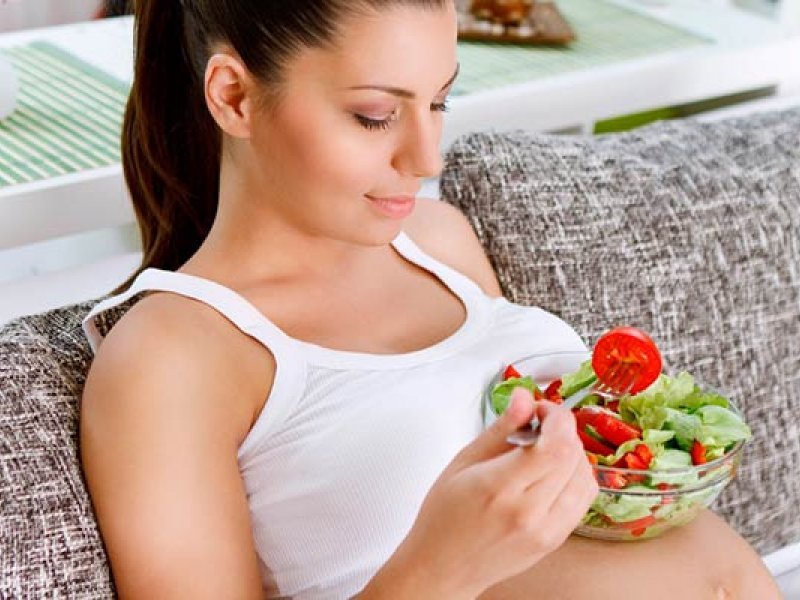 Why childfree is dangerous and why it is worth leaving a “part of yourself” in a cryobank
Why childfree is dangerous and why it is worth leaving a “part of yourself” in a cryobank
More details
How to plan health, longevity and parenthood: practical advice from doctors for 2020
More details
From virus to cancer: hidden threats to women's health
More details
Threatened abortion
Reproductive health of teenage girls: what children and their parents need to knowRead more
Life is like magic: how to believe in a miracle if you are a pragmatist - a doctor's story
Read more
Beautiful skin in youth is the key to happy motherhood
Read more
Charged for success. What determines the effectiveness of ART
More
Why do not all eggs become embryos?
More details
Maxim Gapchuk in "Mother and child" ambitious future
More details
Unsuccessful IVF, how to survive? Expert advice
Read more
What should an Rh-negative woman know?
Read more
9 tips for future parents
Read more
Eco: Modern methods and approaches in the treatment of female infertility
Read more
icSI: Men's infertility - NOT a sentence
Read more
Laparoscopy: Advantages over traditional surgery
Read more
Uterine examination: what you need to know about hysteroscopy
Read more
Artificial intrauterine insemination: the essence of the method, stages and results
Read more
Infertility Diagnostics in men
Read more
10 reasons to contact a man to andrologist
more — what kind of technology is this
More
Premature menopause in men: how to recognize and what is dangerous
More
Why visit a gynecologist for preventive examinations
More details
Laser therapy in gynecology: without anesthesia and pain
More details
Outpatient gynecology - timely seeking qualified help
More details
examinationMore details
Causes and prevention of female infertility
More details
One-day surgery: a modern approach to treatment
3
More details
Pregnancy management: to keep the baby healthy and mother's well-being
More details
Pregnancy after IVF: what future parents need to remember
More details
Anomalies of the uterus and their impact on the onset and carrying of pregnancy.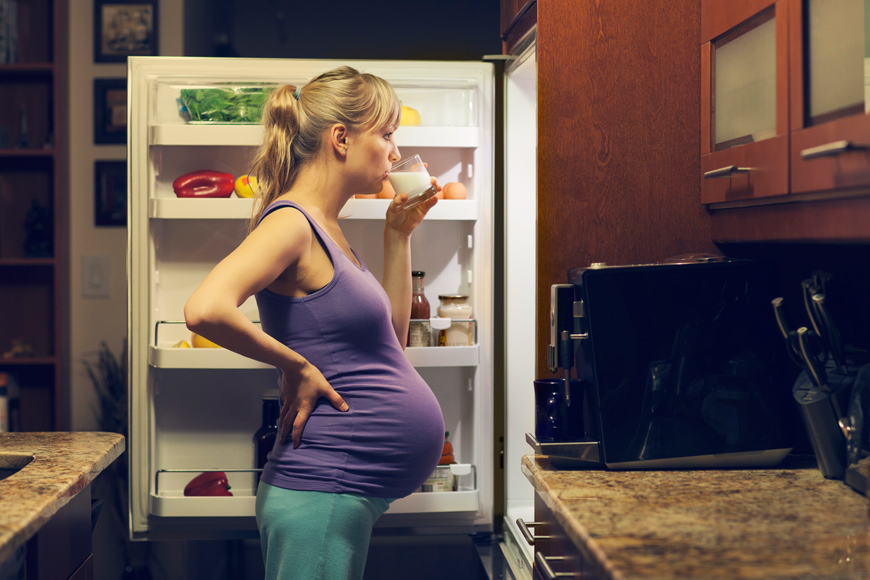
Read more
Scar on the uterus after caesarean section
Read more
The most common mistakes during pregnancy
Read more
Varicose veins and hemorrhoids during pregnancy
More details
Pregnancy planning (lifestyle)
More details
First aid kit for pregnant women during the war
More details
Periods disappeared during the war. What to do?
More details
Freezing of husband's sperm before the war
More details
A visit to a reproductive specialist during the war
More details
I learned that I was pregnant before the war. What to do?
Read more
What does vaginal discharge mean
Read more
Why can't I get pregnant?
Read more
How to get pregnant if you don't ovulate?
Read more
Diagnosis of male infertility
Read more
When to see a gynecologist
Read more
Infertility treatment program guide
Read more
What you need to know0003
Read more
You are given a chance.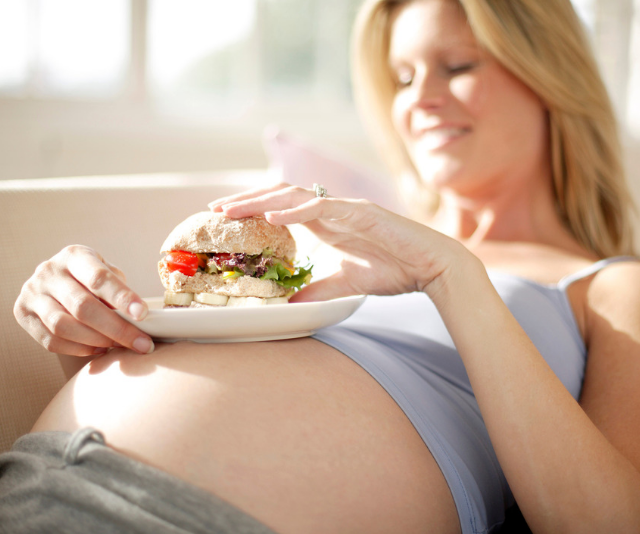 What you need to know about artificial insemination
What you need to know about artificial insemination
Learn more
What causes thrush and why it comes back
Learn more
5 main meals for pregnant women
- home
- diets
- 5 main dishes for pregnant women

23 Apr 2020 Author: Natalie Lissy
You don’t need to eat for two, but for two - satisfying, healthy and tasteful - just very important!
How to eat during pregnancy: 6 tips
-
Drink plenty of pure water - as much as you want. During pregnancy, the load on the liver, the main filtering organ of our body, increases. And water helps the liver deal with the elimination of toxins.
-
Avoid fast food, sugary sodas, store-bought juices, mayonnaise, and other unhealthy foods. Harmful substances (dyes, flavor enhancers, and others) can pass through the placenta to your baby.
-
Try to eat 4-6 times a day. Firstly, this mode of eating will not allow your metabolism to slow down, which means that calories will not be stored in reserve.
 Secondly, it will help to cope with increased appetite, especially in the first trimester. And thirdly, frequent fractional nutrition in some cases eliminates the manifestations of toxicosis.
Secondly, it will help to cope with increased appetite, especially in the first trimester. And thirdly, frequent fractional nutrition in some cases eliminates the manifestations of toxicosis. -
Be sure to have a light but nutritious breakfast. The right healthy breakfast will invigorate and relieve nausea. Photo: thinkstockphotos.com
-
Eat as varied as possible. During this period, your diet should include complex carbohydrates (cereals, pasta, potatoes, bread), proteins (meat, fish, offal) and healthy fats (vegetable oils, oily fish, avocados).
-
Do not eat for two in the truest sense of the word. An excess of calories will lead to a set of excess fat. In the second half of pregnancy, in individual cases, it is recommended to increase the usual diet by 200–300 kcal. If you're not sure you're eating enough, check with your doctor.
-
Never take vitamins and minerals without the recommendation of a specialist.

Related videos
Essential vitamins and minerals for expectant mothers
If before your diet was not ideal, and you do not know which products to give preference to, then a special table will help you figure it out.
| Vitamin | Why | Where to find |
| Pyridoxine (vitamin B 6 )
| It is important for the normal functioning of the nervous system, takes part in the production of hemoglobin, an oxygen carrier in tissues. Provides cells with glucose to avoid fatigue and irritability | Chicken, fish, liver, pork, eggs, carrots, cabbage, peas, avocado, spinach, bananas, beans, broccoli, wild rice, oatmeal, bran, walnuts, peanuts, wheat germ, mango
|
| Folic acid (vitamin B 9 ) | Plays an important role in the development of the neural tube of the fetus, the formation of new red blood cells, skin cells, hair, immune blood cells and promotes better absorption of iron | Spinach, broccoli, kiwi, mango, red bell pepper, cauliflower, oatmeal, peas, durum wheat pasta, beans, nuts, berries, oranges, eggs
|
| Vitamin B 12 | Responsible for the development of the nervous system and cell division of the baby, prevents the risk of anemia | Shellfish and crustaceans, liver, mackerel, crab, beef, cheese, eggs, oatmeal, avocado |
| Iron | Removes the feeling of fatigue, apathy and lethargy. | Liver, pumpkin and pumpkin seeds, shellfish, nuts, beef and lamb, turkey, beans, lentils, grains, spinach, dark chocolate, tofu |
| Docosahexaenoic acid (DHA) is an omega-3 polyunsaturated fatty acid. | It plays an important role in the formation of the brain and vision of the baby, it is useful for the cerebral circulation of a pregnant woman | Sea fish fat: herring, salmon, trout, halibut; sea shellfish |
| Zinc | Participates in metabolism, has a positive effect on the growth and division of baby cells. Supports the immunity of mother and child, participates in hematopoiesis | Oysters, beef, lamb, wheat germ, spinach, broccoli, pumpkin and pumpkin seeds, cashews, cocoa, pork, chicken, beans |
| Calcium | It is the basis of bone tissue, cartilage and teeth in both mother and baby. | Yogurt, cheese, cottage cheese, sardines, milk, tofu, salmon, beans
|
| Iodine | Responsible for the development of hearing, memory, intelligence, growth and formation of the baby's brain | Seaweed, seafood |
Menu for expectant mothers
Spinach salad
We replenish the reserves of B vitamins, calcium and iron.
What you need:
- 1 bunch fresh spinach
- 50 g unsalted cheese
- 0.5 st. walnuts
- 1 st. spoonful of lemon juice
- 1 st. spoon of soy sauce
- 1 garlic clove
- 0.5 teaspoon ground paprika
How to make spinach salad:
-
Wash spinach, pat dry.
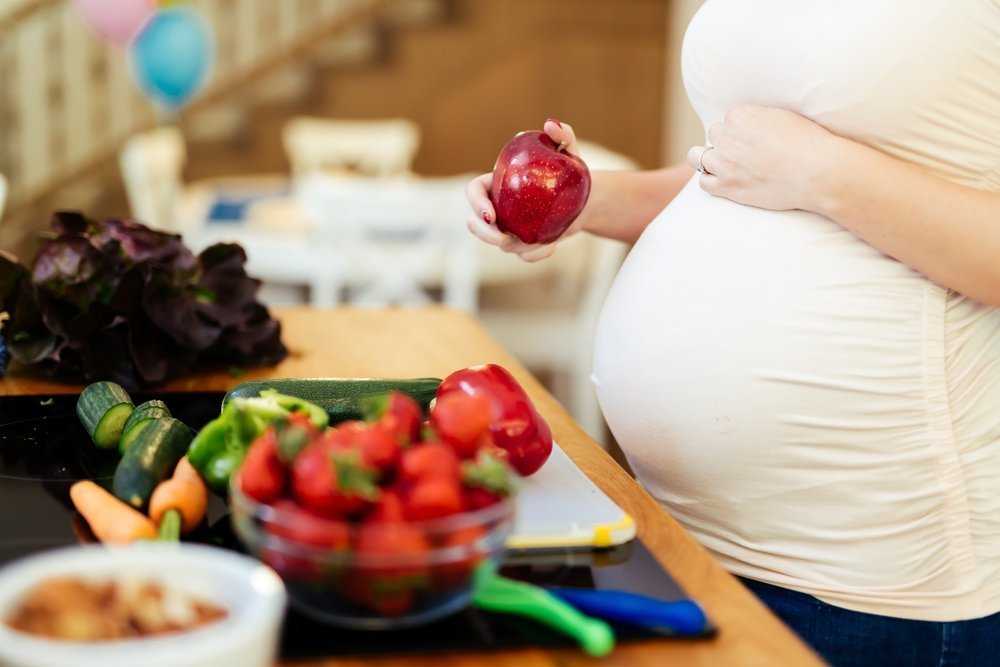 Large leaves can be torn by hand.
Large leaves can be torn by hand. -
Brynza cut into small cubes.
-
Crush the walnuts in a mortar.
-
For the sauce, mix lemon juice, soy sauce, minced garlic and paprika.
-
Combine spinach, cheese and nuts. Stir, put on a plate and pour over the sauce.
Stewed beef with prunes
Vitamin B 12 , folic acid, iron and zinc - you will find all this in our wonderful dish.
What you need:
- 500 g lean beef
- 200 g pitted prunes
- 4 tomatoes
- 2 bell peppers
- 1 large onion
- 1 large carrot
- 1 st. vegetable oil spoon
- 1 bunch greens
- 1 pinch of salt
How to cook Braised Beef with Prunes:
-
Wash the beef and cut into medium-sized cubes.
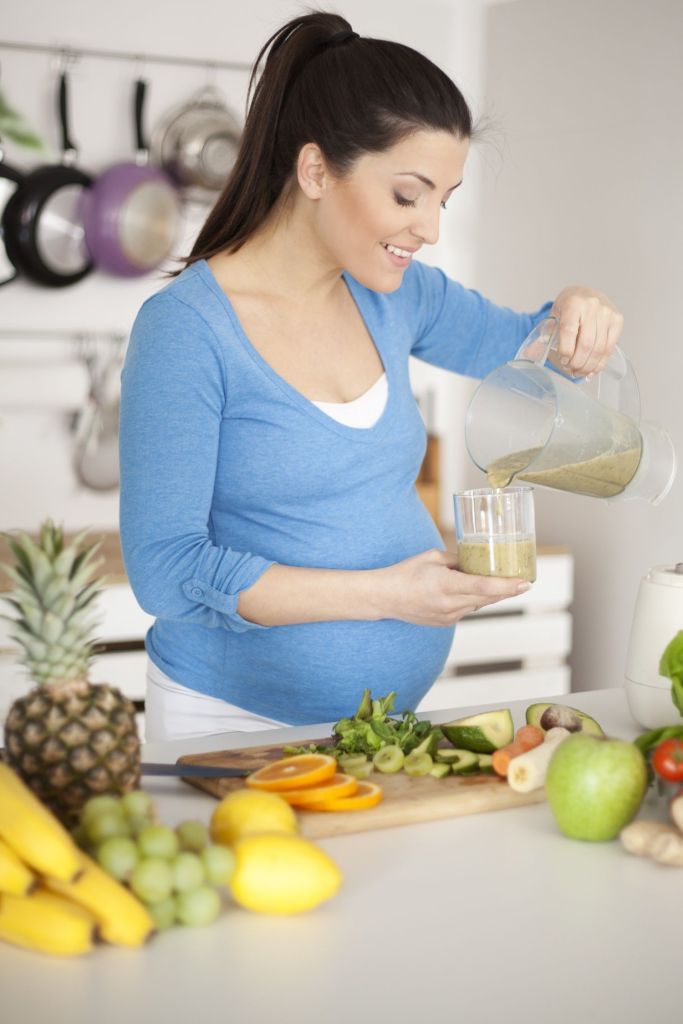
-
Put in a saucepan, pour enough water so that it barely covers the meat, and simmer over low heat for about 40 minutes.
-
Cut tomatoes and bell pepper into cubes.
-
Chop onions and carrots.
-
Wash prunes, too large plums can be cut in half.
-
Put in layers in a refractory dish: onions, beef, carrots, bell peppers, prunes, tomatoes. Top with vegetable oil. Salt each layer to taste.
-
Place in an oven preheated to 200°C. After 10-15 minutes, reduce the heat to 160 ° C and simmer until tender.
-
Before serving, gently mix the finished dish and sprinkle generously with chopped herbs.
Yogurt cocktail with nuts and seeds
Photo: thinkstockphotos.com Assorted super-healthy substances: calcium, B vitamins and iron - all this is vital not only for the expectant mother, but also for her precious baby.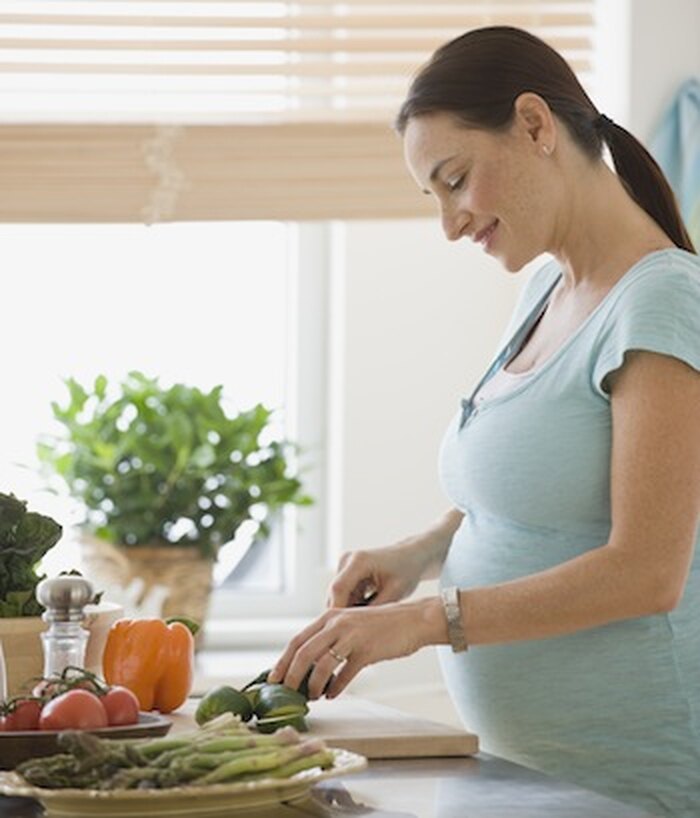
What you need:
- 1 st. natural yogurt (how to prepare it, read here)
- 1 st. a spoonful of dried cherries (can be replaced with any dried fruits or fresh berries)
- 1 st. spoon of walnuts
- 1 st. spoon of almonds
- 1 st. honey spoon
- 1 teaspoon flax seeds
- 1 teaspoon sesame seeds
- 1 teaspoon wheat bran
- 1 teaspoon lemon juice
How to make a Yogurt Shake with Nuts and Seeds:
-
Finely chop the walnuts and almonds with a knife.
-
Put cherries, nuts and honey in a blender bowl, add yogurt and beat.
-
Add flax seeds, sesame seeds, bran and lemon juice and mix.
Broccoli with cottage cheese sauce
An ideal light dinner that will saturate your body with B vitamins, calcium and iodine and in no way spoil your figure!
What you need:
- 300 g frozen or fresh broccoli
- 100 g cottage cheese
- 1 apple
- green onions
- 1 tsp lemon juice
- 1 pinch lemon zest
- iodized salt - to taste
How to cook Broccoli with Cheese Sauce:
-
Steam broccoli for 4-5 minutes.

-
Peel the apple from the peel and seeds, grate on a fine grater.
-
Finely chop the green onion.
-
Mash the cottage cheese with a fork, dilute with milk or cream to the desired consistency.
-
Mix cottage cheese with apple, onion and salt.
-
Drizzle the cooked broccoli with curd sauce and serve.
Seaweed salad
Photo: thinkstockphotos.com Seaweed removes heavy metals from the body and improves digestion. This salad is suitable for lunch or dinner: low calories, high protein and no iodine deficiency!
What you need:
- 300 g fish fillet (preferably sea fish)
- 200 g seaweed
- 2 eggs
- ½ onion
- 1 st. spoonful of lemon juice
How to make seaweed salad:
-
Steam the fish fillet, cool and cut into small pieces.

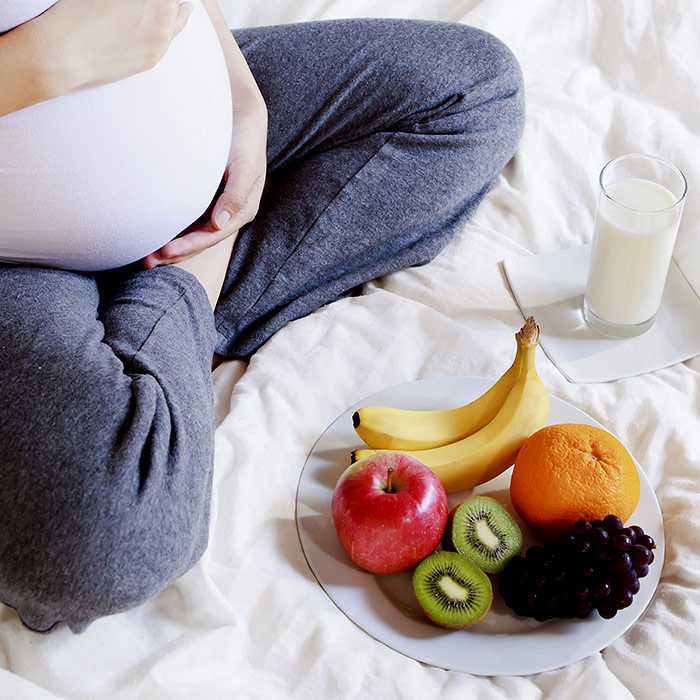 Increases hemoglobin. Takes part in the process of hematopoiesis, nourishes the brain with oxygen, activates cell growth
Increases hemoglobin. Takes part in the process of hematopoiesis, nourishes the brain with oxygen, activates cell growth 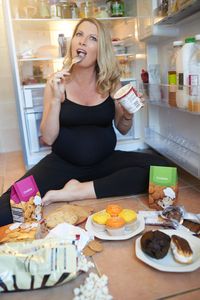 Responsible for blood clotting, the functioning of the nervous system, heart and muscles
Responsible for blood clotting, the functioning of the nervous system, heart and muscles 